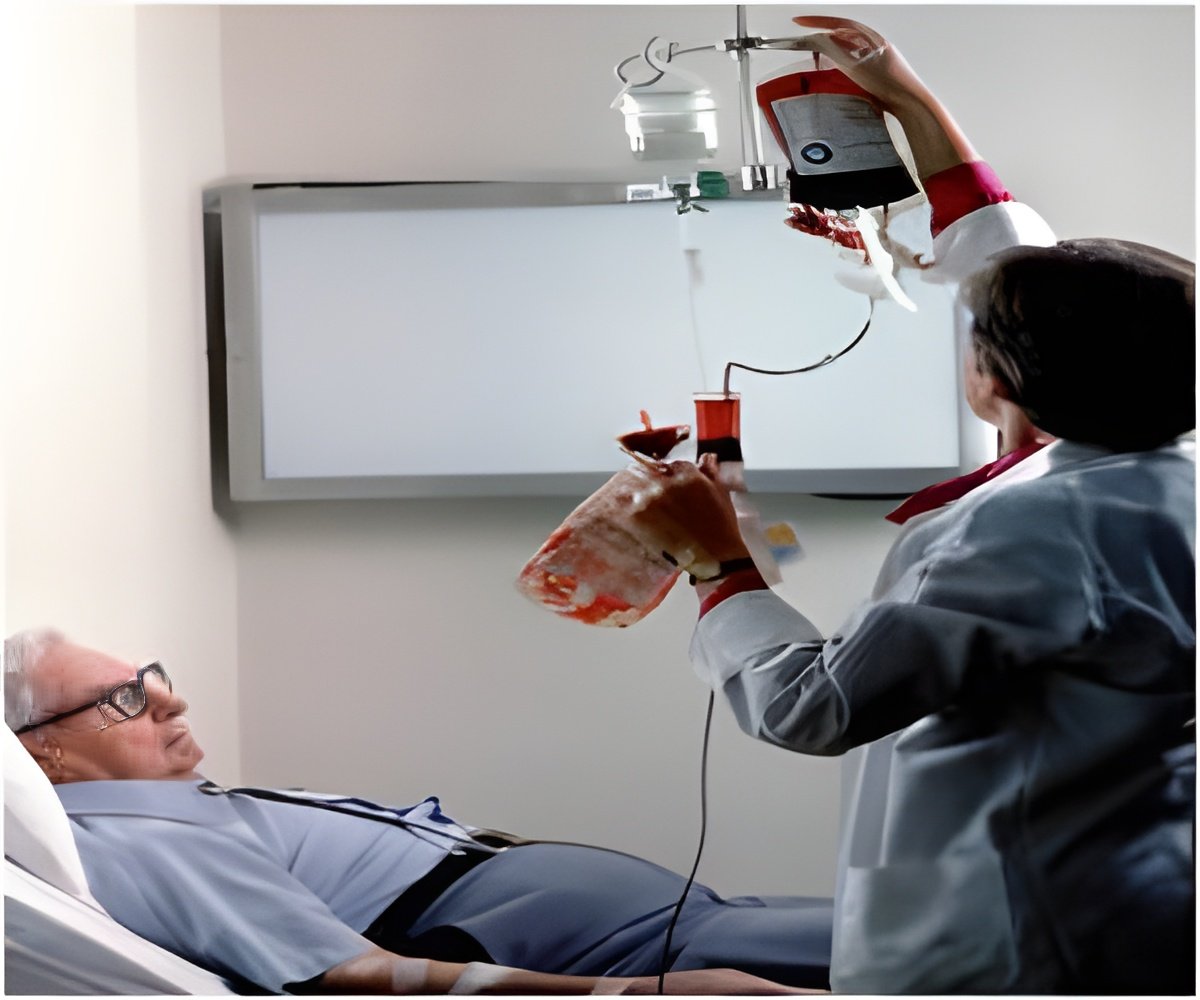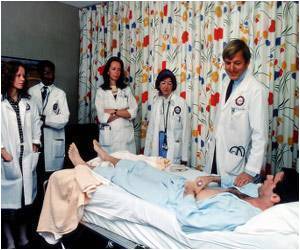Hospice care can deliver better end of life care by improving access to blood transfusions to advanced leukemia patients who are transfusion dependent.

‘Allowing terminal leukemia patients to receive transfusion support as part of palliative care by providing reimbursement for it could transform the attitude of both patients and clinicians towards hospice care
’





These factors included the likelihood of dying in the hospital and the use of chemotherapy in the last two weeks of life, both of which are end-of-life quality measures advocated by the National Quality Forum, a leading voluntary consensus standards-setting organization.Researchers found that, compared with leukemia patients who did not enroll in hospice care, those who did were far less likely to die in the hospital (3 percent vs. 75 percent) or receive chemotherapy during the last two weeks of life (5 percent vs. 16 percent). Additionally, they found that patients who needed periodic blood transfusions spent about half as much time in hospice care compared with leukemia patients who were not reliant on these transfusions.
"We found a significant association between transfusion dependence and less meaningful use of hospice care at the end of life among patients with leukemia," said Thomas W. LeBlanc, MD, associate professor of medicine at Duke Cancer Institute in Durham, NC, and senior author of the study.
Transfusion-dependent patients were significantly more likely to spend fewer than three days in hospice care (27 percent) compared with patients who were not transfusion-dependent (19 percent), he said, associating longer time spent in hospice care with the more meaningful use of the service.
According to Dr. LeBlanc, one of the barriers to the use of hospice care by transfusion-dependent patients with advanced leukemia is that many clinicians consider blood transfusions to be disease-modifying therapy rather than comfort care, as transfusions can help some patients to live longer and feel better.
Advertisement
"These findings suggest that patients are having to choose between getting the transfusions they need and getting high-quality end-of-life care," Dr. LeBlanc said.
Advertisement
Patients were considered transfusion-dependent if, within 30 days before death or enrollment in hospice care, they received two or more blood transfusions at least five days apart. Patients’ median age was 79.
Results showed that from 2001-2011, slightly more transfusion-dependent patients enrolled in hospice care than patients who were not transfusion-dependent (47 versus 43 percent), but that their median length of stay in hospice care was significantly shorter than those who were not transfusion-dependent (6 versus 11 days).
"This suggests that clinicians tend to enroll patients in hospice during the very last few days of life, but we know from other studies that the earlier patients enter hospice care, the more likely they are to obtain the full benefit of what hospice can offer in terms of an improved quality of life," said Dr. Olszewski, lead study author.
Doctors caring for patients with advanced leukemia who are transfusion-dependent often hesitate to suggest that a patient enter hospice care, said Dr. Olszewski because doing so usually means having to terminate transfusion support.
"Allowing patients to receive transfusion support as part of palliative care could transform the attitude of both patients and clinicians toward hospice care," he added.
"Our findings suggest that allowing reimbursement for palliative transfusions in patients with terminal leukemia would be beneficial for both patients and their families," Dr. LeBlanc said.
Source-Eurekalert













